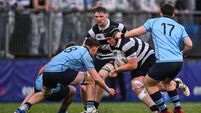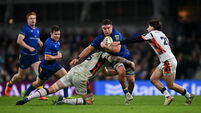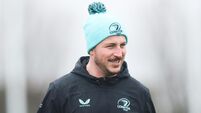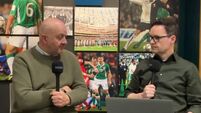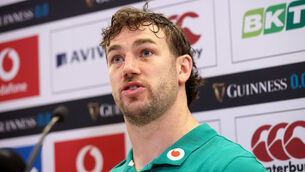The key Munster-Leinster meeting at Croke Park brought to book
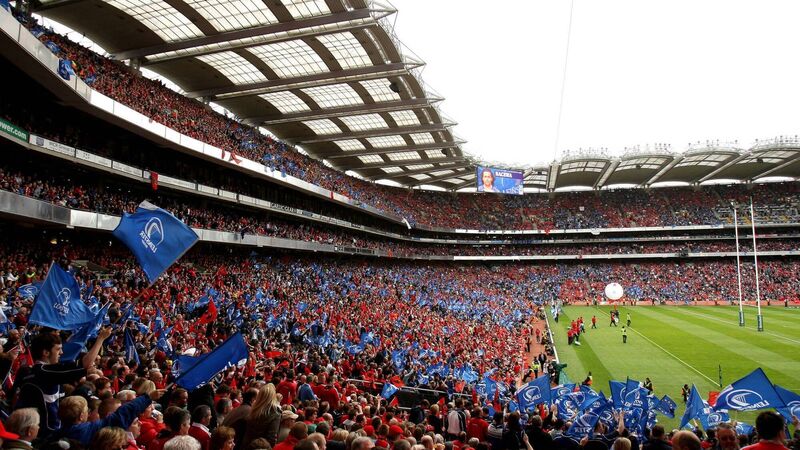
Munster and Leinster fans filled Croke Park in May 2009. Pic: INPHO/James Crombie
It is literally the most storied game in club rugby history.
Seven of the Munster team that started that Heinken Cup semi-final in Croker went on to write books.




